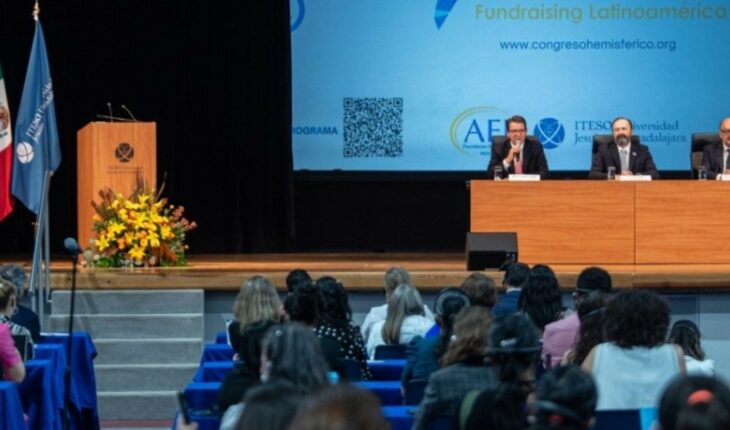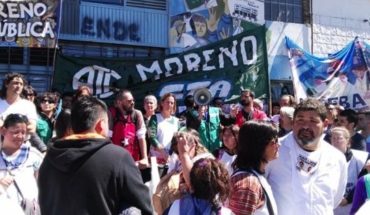The imposition of increasingly restrictive tax laws makes it difficult for Civil Society Organizations (CSOs) in Mexico to work autonomously and generate the social impact for which they were created. That was one of the conclusions of the panel “The dimes and diretes of fiscal challenges for CSOs”, within the framework of the Tenth Hemispheric Congress of Fundraising Latin America, organized at ITESO by the Association of Fundraising Professionals (AFP), which represents philanthropy organizations around the world that raise more than 115 billion dollars a year. Augusto Chacón, director of the Jalisco Citizen Observatory Cómo Vamos and one of the participants in the panel, said that it has become more expensive and difficult to manage a CSO in Mexico, since its members are forced to focus more on administrative and fiscal aspects than on helping vulnerable groups in society, such as people with disabilities, older adults or women who have been raped. “There is an eagerness to take away a dose of autonomy and it is at risk when the adjective is given more weight than the substantive. An email from the Tax Administration Service (SAT) is more scary than the collection process,” he said. “Many organizations prefer to reduce their social and political impact rather than incur fiscal failures.” According to the political analyst, the growing restriction on the work of CSOs in Mexico was accentuated with the current federal administration, which seeks to monopolize philanthropy and control the social groups benefited by CSOs for electoral purposes. “The Mexican state says: ‘Here no one can have more clientele than me,’ and imposes increasingly complex rules to be the only one who can do good,” he said. Juan Sánchez Pérez, legal services officer at the Mexican Center for Philanthropy (Cemefi), said that the tax laws governing CSOs must be harmonized and correct what is wrong to allow their development. He gave as an example Article 138 of the Income Tax Law (ISR), which stipulates that CSOs can only use five percent of their income from donations to cover administrative expenses, that is, pay office rent, electricity, hire staff and other fundamental daily expenses. However, the same tax legislation allows 20 percent of donations to go to operating expenses, so it has been requested that the percentage of donations for the daily operation of CSOs be increased from five to 25 percent. Both Chacón and Sánchez mentioned that the lack of clarity and the greater limitations of the tax laws that regulate CSOs generate uncertainty, both in associations and donors, so it is necessary to train them in the new provisions of the Fiscal Miscellaneous. “We are cautious, and in some cases afraid, and many donors are also afraid to say, ‘What am I getting into?’ or ‘It’s going to cause me problems with my business.’ We have to be assertive and help organizations that don’t have access to expert opinions, so that they tell their donors to be calm,” Chacón said. Philanthropy at ITESO The Tenth Hemispheric Congress of Fundraising Latin America brought together dozens of philanthropy professionals in Latin America to discuss the main challenges and opportunities of the sector. We recommend you read: The activity was held in the Pedro Arrupe Auditorium, SJ, of the university on June 10 and 11 – on June 9 a previous training was held – and there were conferences and workshops on various topics concerning philanthropy and civil society organizations, for example: how to convince donors and attract more donations, how to use crowdfunding or microfinance, how to maximize the donations received to meet the objectives set by the CSO, and how to adopt technologies to increase the effectiveness of philanthropy.
Original source in Spanish
Civil associations drowned by fiscal and government pressure: Asociation of Fundraising Professionals
June 15, 2022 |





